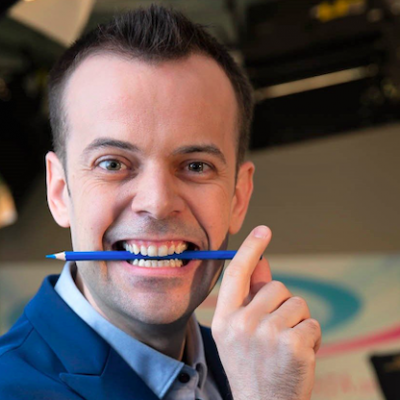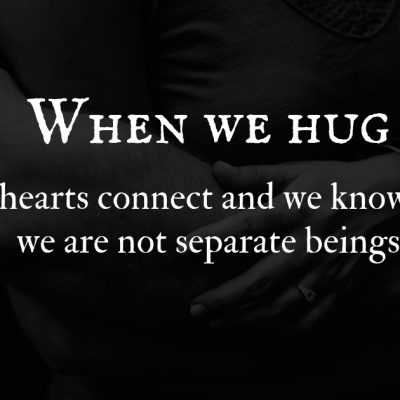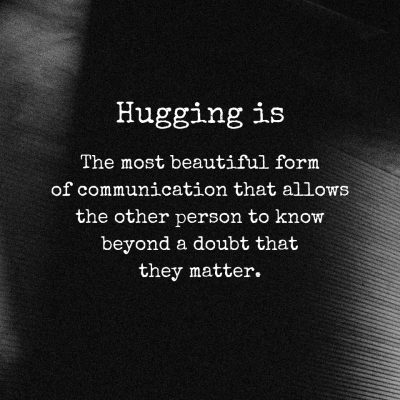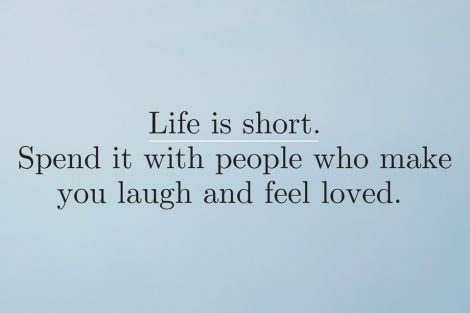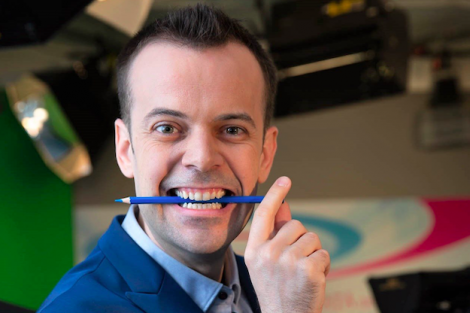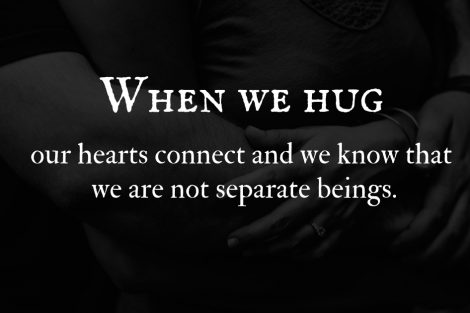There are few things people hold dear more than their own beliefs. But what happens when deeply held beliefs are challenged?

A study conducted at Brain and Creativity Institute showed how the brain reacts when one’s beliefs are questioned. The conclusion was surprising: when a belief is challenged by new information, the brain is activated in the same regions where it usually is when confronted with physical threats.
MORE: This Is What Happens When You Start Taking Notes
The explanation for this is that the brain considers a belief part of ourselves and when the former is threaten, the brain considers that we as a whole are threatened. Therefore, it goes into self-protection mode. This explains why people have such a hard time changing their minds.

MORE: How Face To Face Encounters Can Dissolve Racist Beliefs
But is this to say that once we made up our minds about a certain issue, nothing can be done? No, not really. No matter how much people cherish their beliefs and how resistant they are to changing their minds, one should not ignore the gift of doubt.
MORE: How To Start A Dialogue With Those Who Have Different Opinions
The ability to think critically about the information we receive and the beliefs we hold can be exercised. In other words, we need to practice a kind of healthy skepticism. That is to question ourselves, to ask how can we be sure that something is true, to really listen to opposite points of views, to grasp their reasoning and to be ready to accept that we might be wrong.
We tend to appreciate honesty in our daily lives, but maybe we should value intellectual honesty as well, Please, share this!


